| Artist |
Yes |
| Album Title: |
The Yes Album |
| Album Cover: |
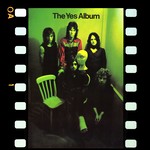 |
| Primary Genre |
Rock: Progressive Rock |
| Format |
Vinyl 180 gm |
| Released |
03/19/1971 |
| Reissue Date |
00/00/2003 |
| Label |
Rhino Records |
| Catalog No |
R1 73788 |
| Bar Code No |
0 8122-737888-1 3 |
| Reissue |
Yes |
| Remastered |
Yes |
| Packaging |
Gatefold LP Sleeve |
| Tracks |
| A1.
|
Yours Is No Disgrace (9:36)
|
| A2.
|
The Clap (3:07)
|
| A3.
|
Starship Trooper; a. Life Seeker - b. Disillusion - c. Würm (9:23)
|
| B1.
|
I've Seen All Good People; a. Your Move - b. All Good People (6:47)
|
| B2.
|
A Venture (3:13)
|
| B3.
|
Perpetual Change (8:50)
|
|
| Date Acquired |
10/05/2017 |
| Personal Rating |
 |
| Acquired from |
Amazon |
| Purchase Price |
16.99 |
Web Links |
All Music Guide entry:
Discogs entry: |
Notes |
180 Gram Vinyl. Master Release: Yes - The Yes Album.
Manufactured & marketed by Rhino Vinyl, 3400 W. Olive Ave., Burnbank CA 91505. Warner Music Group, an AOL Time Warner Company.
Front sticker states : 'Mastered at Capitol' and has barcode (barcode is not on record jacket)
Manufactured By – Rhino Vinyl
Marketed By – Rhino Vinyl
Copyright (c) – Elektra Entertainment
Mastered At – Capitol Mastering
Pressed By – Optimal Media Production – B38A063
Lacquer Cut By – RM
Matrix / Runout (Side A [Etched]): R1-73788-A G1 RM B38A063-01 A1
Matrix / Runout (Side B [Etched]): R1-73788-B G1 RM B38A063-01 B1
Matrix / Runout (Sides A&B [Stamped]): MASTERED BY CAPITOL
Barcode (Scanned on hype sticker): 081227378813
Barcode (Text on hype sticker): 0 8122-73788-1 3
|
|
| Reviews |
All Music Guide Review:
Review by Bruce Eder
On Yes' first two albums, Yes (1969) and Time and a Word (1970), the quintet was mostly searching for a sound on which they could build, losing one of their original members -- guitarist Peter Banks -- in the process. Their third time out proved the charm -- The Yes Album constituted a de facto second debut, introducing the sound that would carry them forward across the next decade or more. Gone are any covers of outside material, the group now working off of its own music from the ground up. A lot of the new material was actually simpler -- in linear structure, at least -- than some of what had appeared on their previous albums, but the internal dynamics of their playing had also altered radically, and much of the empty space that had been present in their earlier recordings was also filled up here -- suddenly, between new member Steve Howe's odd mix of country- and folk-based progressive guitar and the suddenly liberated bass work and drumming of Chris Squire and Bill Bruford, respectively, the group's music became extremely busy. And lead singer Jon Anderson, supported by Squire and Howe, filled whatever was left almost to overflowing. Anderson's soaring falsetto and the accompanying harmonies, attached to haunting melodies drawn from folk tunes as often as rock, applied to words seemingly derived from science fiction, and all delivered with the bravura of an operatic performance -- by the band as well as the singer -- proved a compelling mix. What's more, despite the busy-ness of their new sound, the group wasn't afraid to prove that less could sometimes be more: three of the high points were the acoustic-driven "Your Move" and "The Clap" (a superb showcase for Howe on solo acoustic guitar), and the relatively low-key "A Venture" (oddly enough, the latter was the one cut here that didn't last in the group's repertory; most of the rest, despite the competition from their subsequent work, remained in their concert set for years to come). The Yes Album did what it had to do, outselling the group's first two long-players and making the group an established presence in America where, for the first time, they began getting regular exposure on FM radio. Sad to say, the only aspect of The Yes Album that didn't last much longer was Tony Kaye on keyboards: his Hammond organ holds its own in the group's newly energized sound, and is augmented by piano and other instruments when needed, but he resisted the idea of adding the Moog synthesizer, that hot instrument of the moment, to his repertory. The band was looking for a bolder sound than the Hammond could generate, and after some initial rehearsals of material that ended up on their next album, he was dropped from the lineup, to be replaced by Rick Wakeman.
|
|
| Cover 1 |
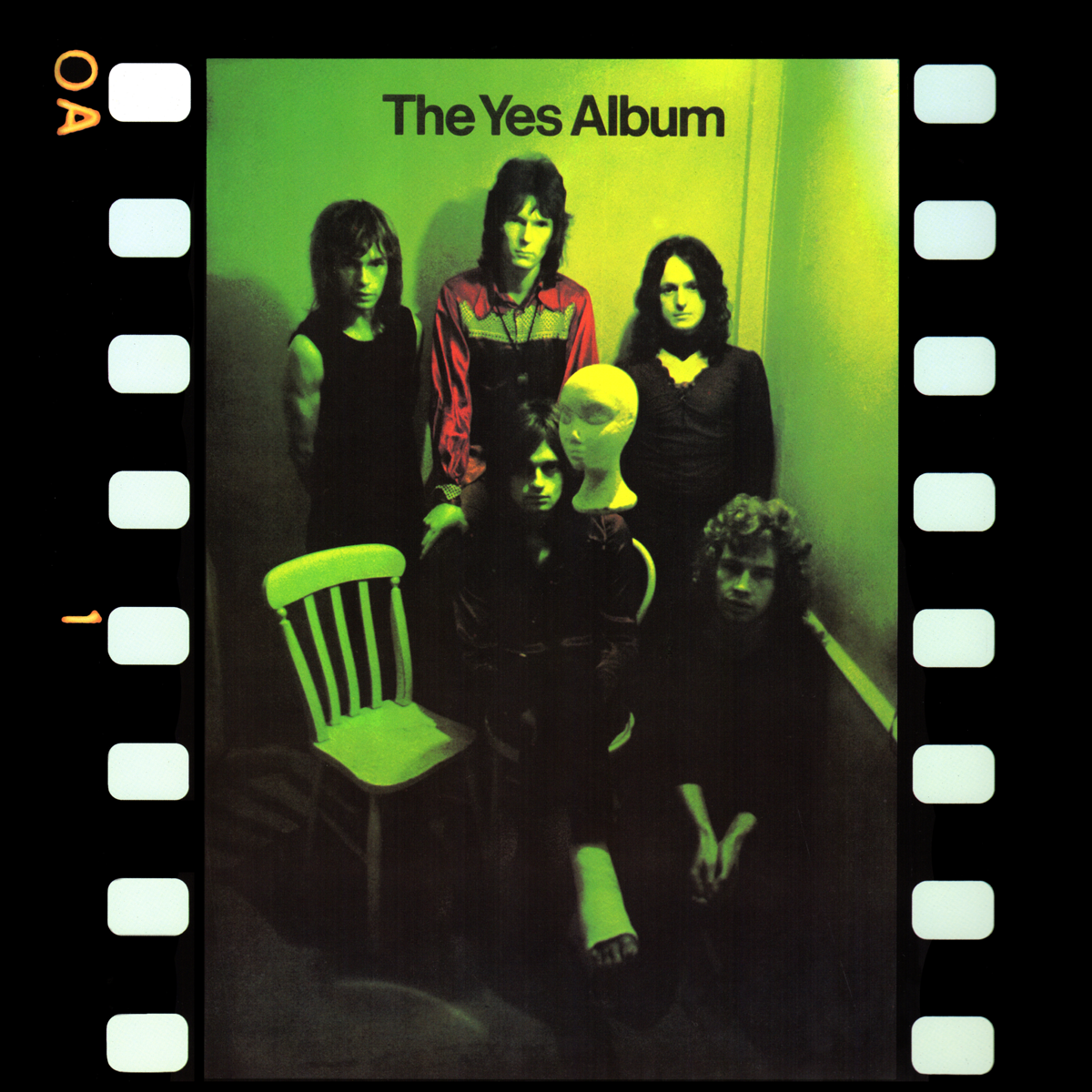 |
| Cover 2 |
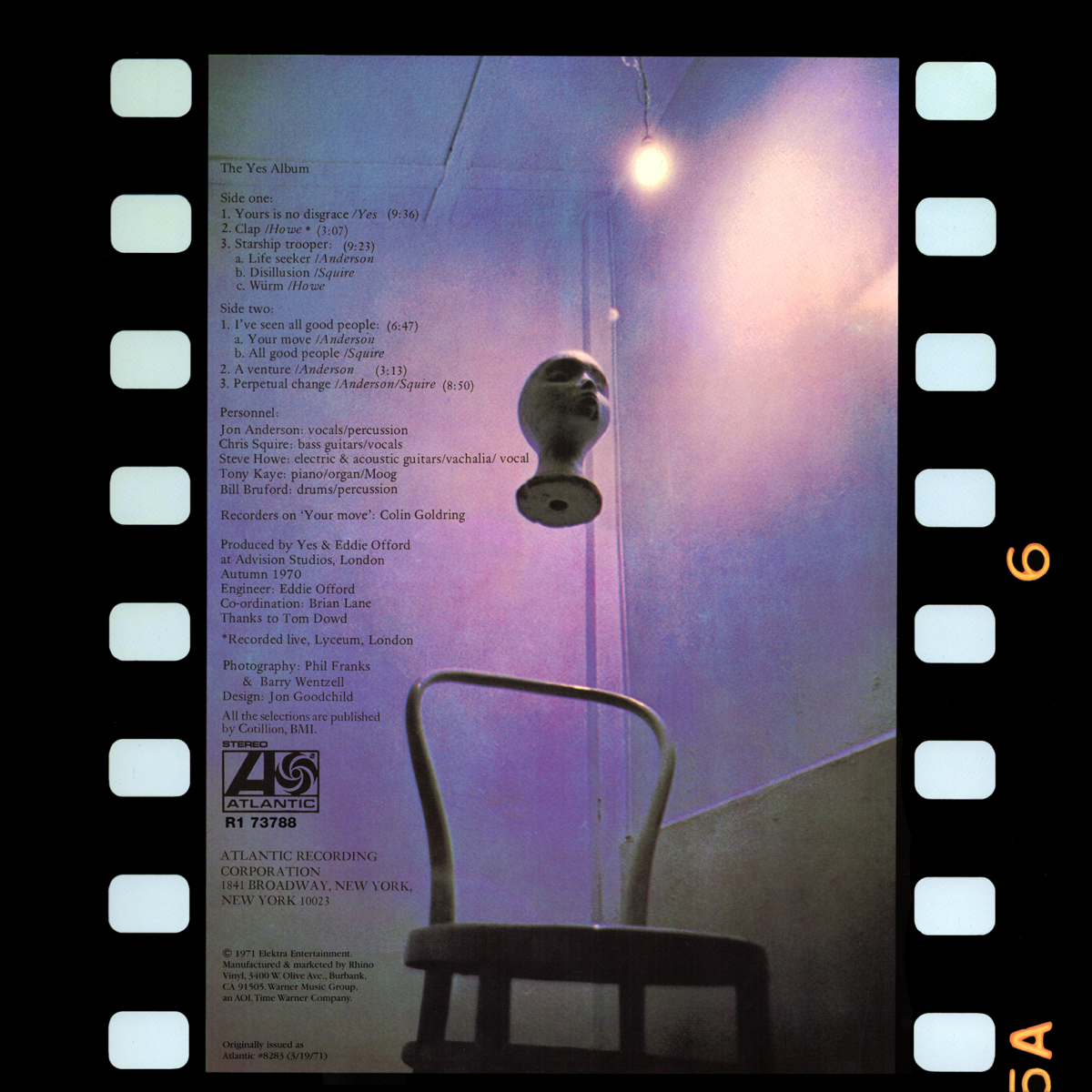 |
| Cover 3 |
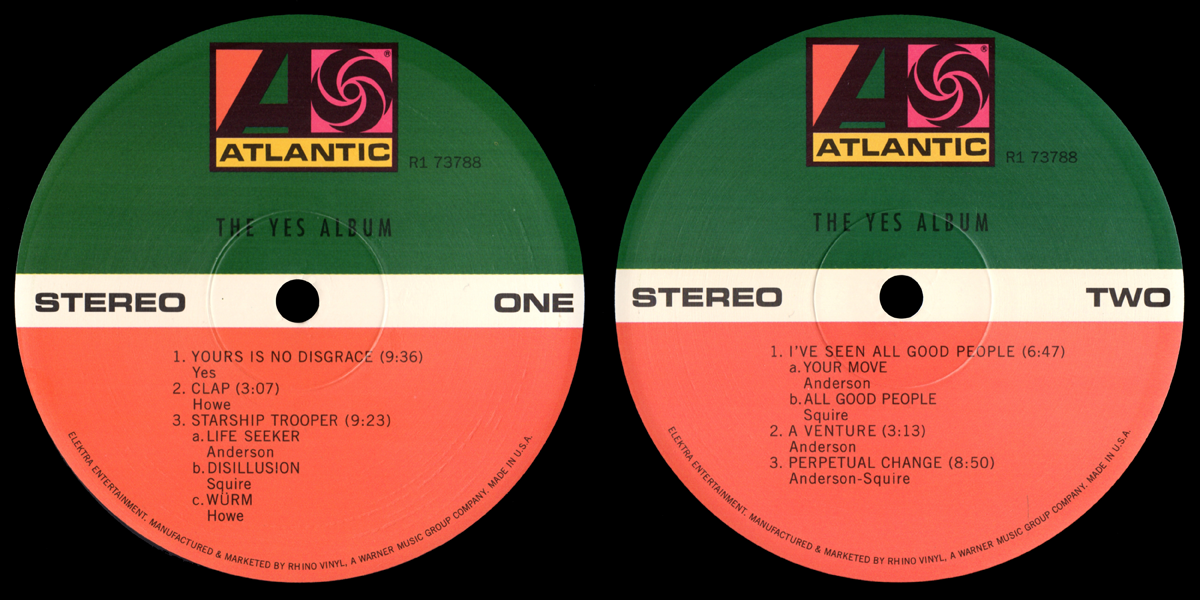 |
| Cover 4 |
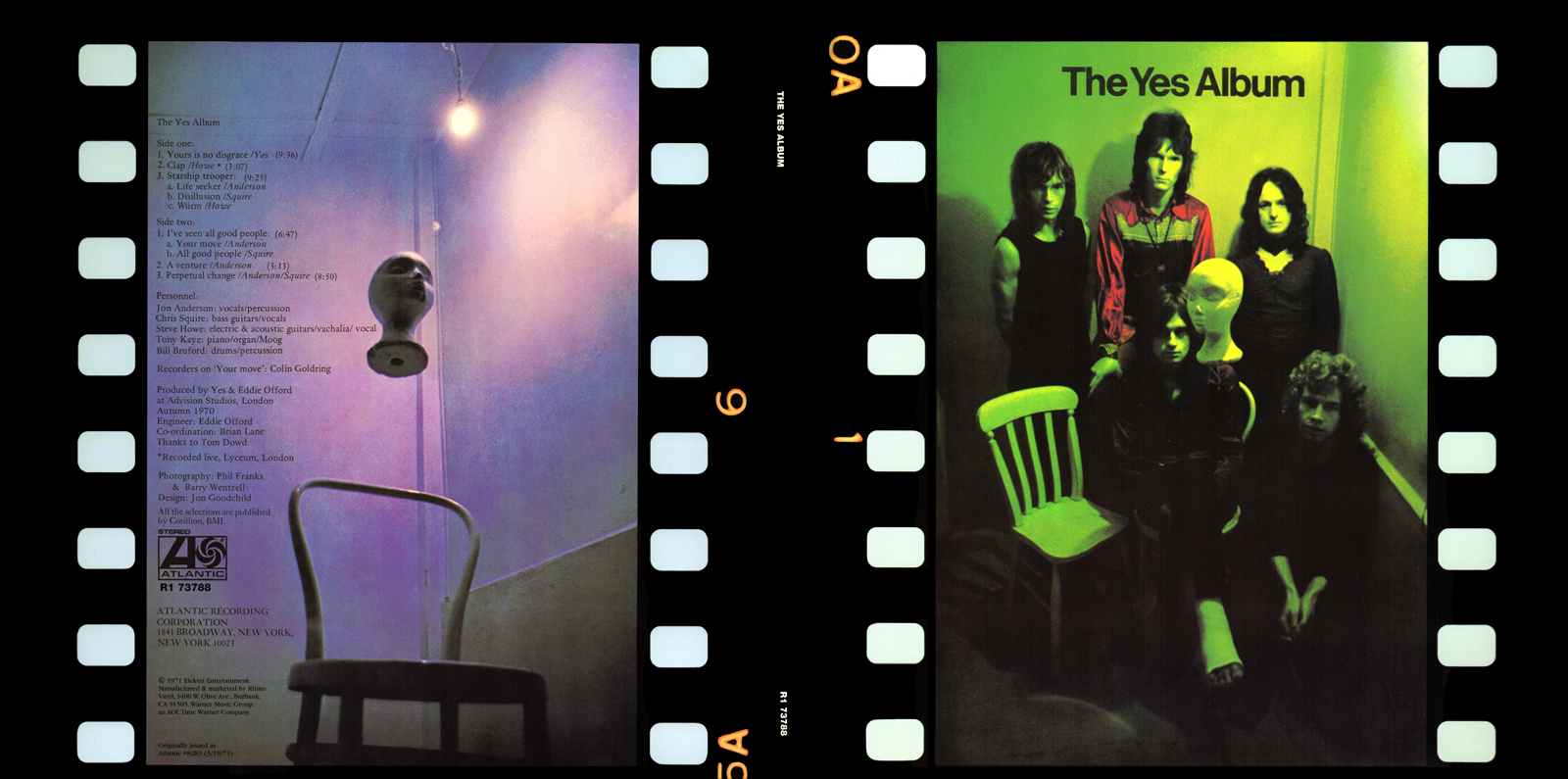 |
| Cover 5 |
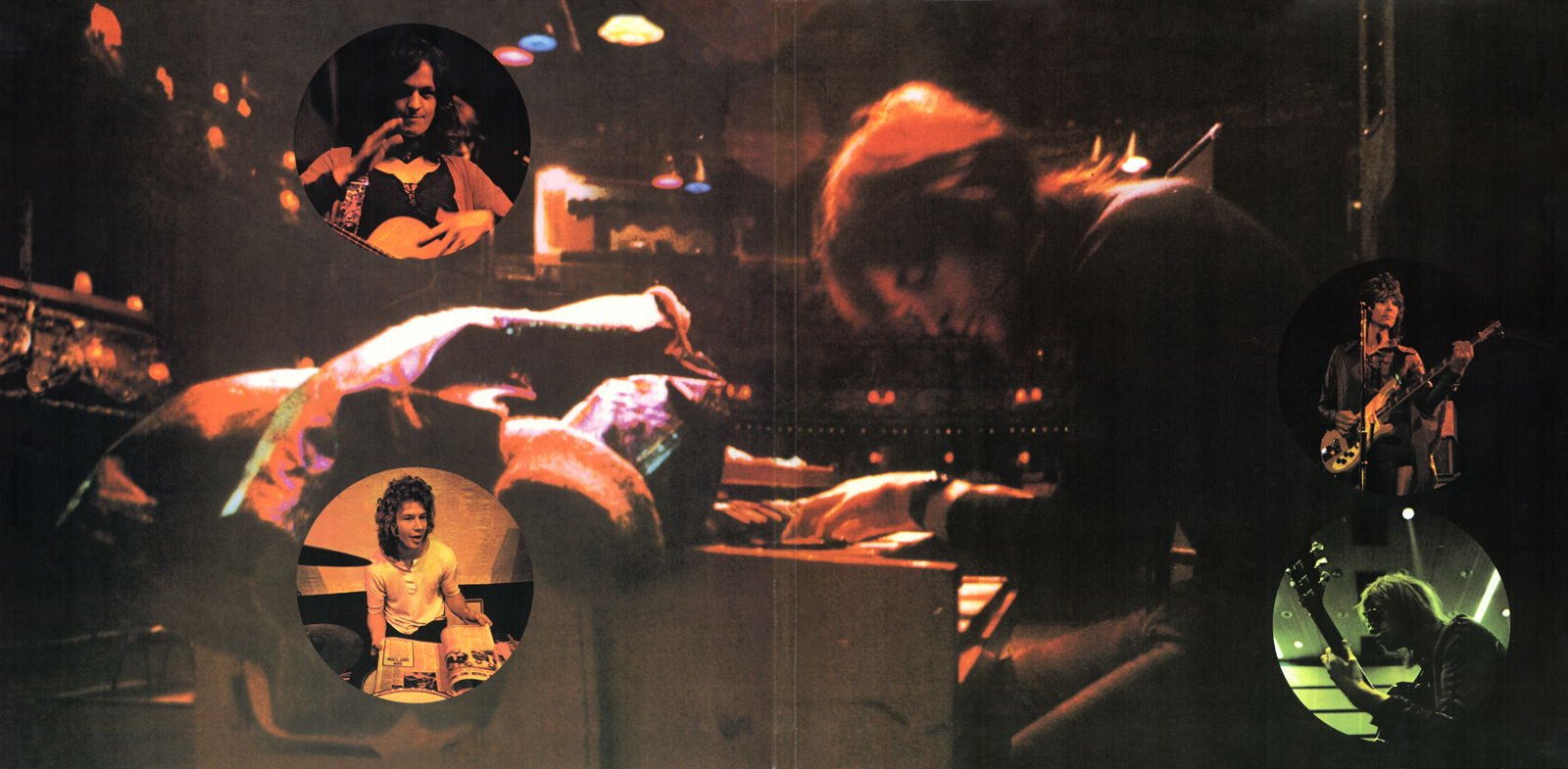 |
| Cover 6 |
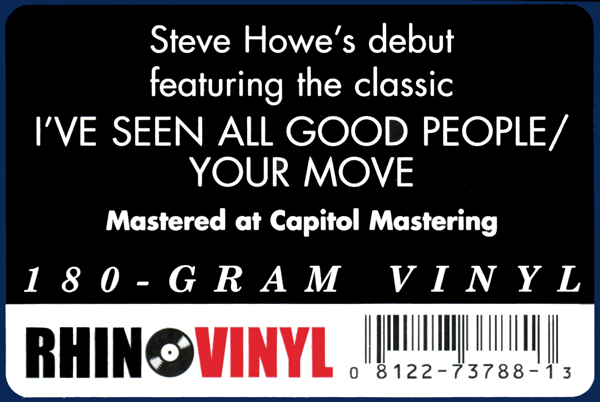 |
|








